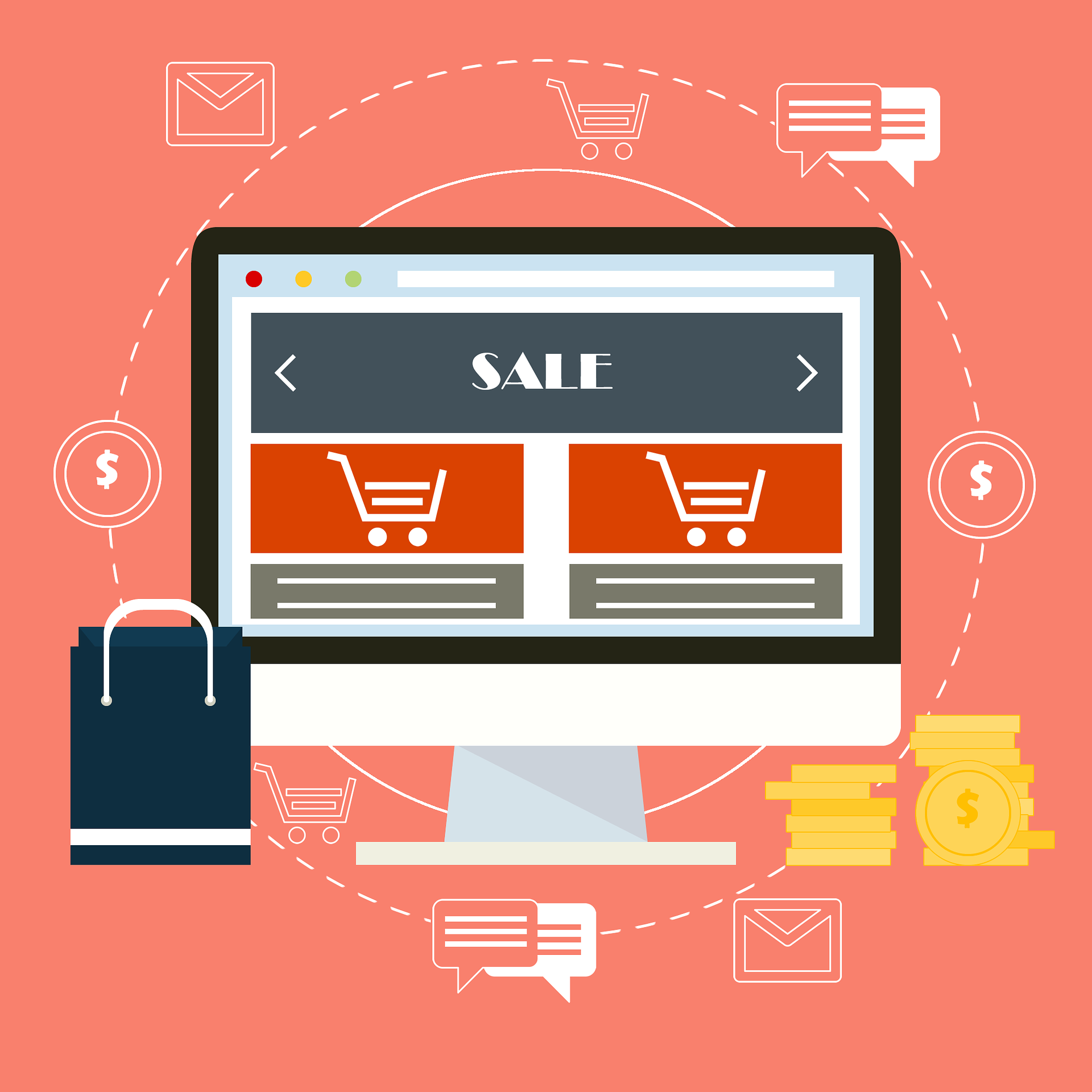BLOG/Ecommerce
Cloud-Based ERP Tools: The Emerging Competitive Differentiator in eCommerce
Enterprise Resource Planning (ERP) software has roots in the manufacturing industry, where it was created decades ago to centralize operations and track all the important aspects of helping companies move their goods through the supply chain to their customers.
ERP used to be a tool that only large enterprises could leverage for their business, due to the substantial costs of purchasing hardware and implementing the complex systems on site. However, modern ERP solutions are now appearing rapidly in most every sector of business including eCommerce, thanks largely to the advent of cloud-based ERP tools.
Cloud ERP and eCommerce: What’s the Connection?
Cloud ERP vendors are on the cutting edge of technology and new innovations that are taking place. As a result, they’re usually the first to implement new tools, features, and capabilities into their solutions, and in a cloud environment, such updates and upgrades are much easier to push out to all their clients’ solutions. This aligns nicely with eCommerce businesses that need to stay on the forefront of innovation to remain competitive and stand out amongst the competition. Cloud ERP solutions are also becoming increasingly user-friendly, with intuitive dashboards and accessible tools and features to view, analyze and mold data into the most usable and helpful format.

As a result, ERP solutions are becoming more heavily utilized in the eCommerce industry because they integrate seamlessly with platforms like Shopify, and can help companies grow, profit, and scale faster by:
- Tracking supplies, vendors, and shipments efficiently
- Managing all operations and vendor collaborations in a centralized system
- Managing sales, orders, and inventory in one system to keep operations flowing smoothly
- Keeping pace with market trends and customer demands with real-time analytics
Key ERP Tools for eCommerce
ERP solutions are extremely robust and an important aspect of successfully leveraging ERP in your eCommerce business is knowing what tools will bring your company the most compelling advantages.
Here’s a closer look at some of the best ERP tools for eCommerce.
Real-Time Data and Analytics
ERP solutions give your eCommerce business insight into all the data driving your business, in every department, and on every level. Furthermore, this data is available in real-time. This means that your business can access information as it’s happening, so that you can catch issues before they become detrimental to your success. You can also use real-time information to manage your company moment to moment, and begin uncovering the unique patterns that define your business.
Inventory and Supply Chain Management
ERP solutions also offer inventory management and supply chain modules that can be specialized to your eCommerce business, from marketing and sales to inventory, shipments, and delivery. With an ERP for eCommerce, you’ll be able to monitor all the important the real-time touchpoints needed to make your business flow smoothly each day, including vendors, supply chain partners, and shipping partners. You will always have access to real-time data that you need to make decisions quickly and secure new deals with confidence. This level of instant data can help change how your company operates across all departments, and have huge implications for growth in your eCommerce sales channels.
Product Planning and Predictive Forecasting
Product planning is a process that is important to eCommerce because it involves every step that it takes to bring a product to market and sell it successfully. Product planning is effective for new product lines or launches, and is also an ongoing process that includes:
- Identifying market demand for a product
- Using demand to determine how a product will be priced
- Deciding how to best distribute products
- Determining the best ways to promote and market products
The data compiled in your ERP solution, which is visible in real-time, is very important to the product planning process. Some ERP solutions even offer specific tools that help you pull data into customized reports to help aid your product plans and give you insightful ways to think through your products, from market viability to efficient, effective distribution and sales.
ERP solutions have evolved substantially thanks to cloud technology, and their benefits are now accessible and customizable to a growing number of industries including eCommerce. Specialized Ecommerce ERP systems are even offered by some vendors as online shopping moves to the forefront of consumer behaviors and preferences. Implementing an ERP system with your Shopify platform can bring your business immense advantages and help you compete more effectively in a busy marketplace.
Author Bio:
Jeni Rogers is the Editor at Wheelhouse.com, where she studies business software innovations and trends and drives content initiatives with her amazing team.
More from the
DO Blog

Designing & Building Product Finder Quizzes for eCommer...
Strategy & Planning / December 23, 2020
View Blog Post
3 Customer Motivation Strategies to Improve Your eCommerce i...
Strategy & Planning / July 27, 2020
View Blog Post
